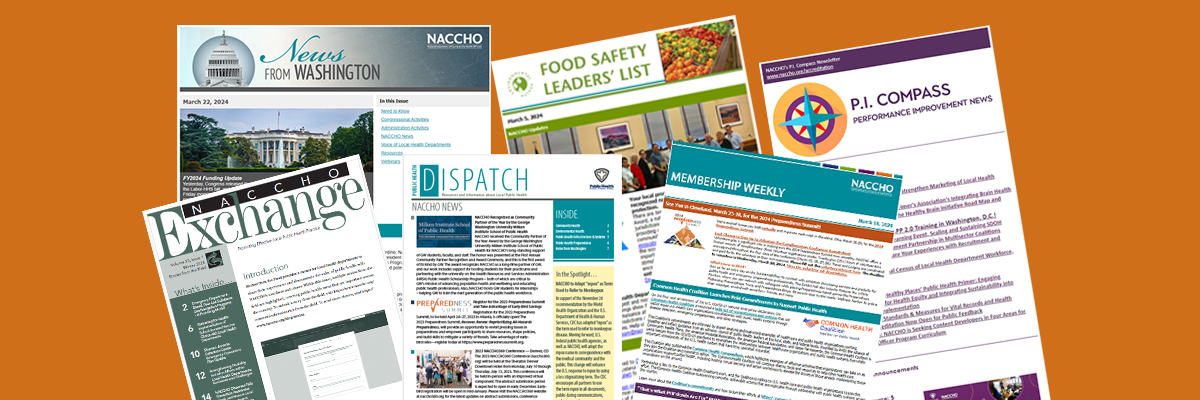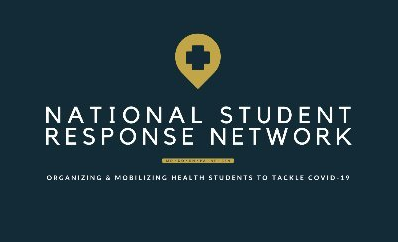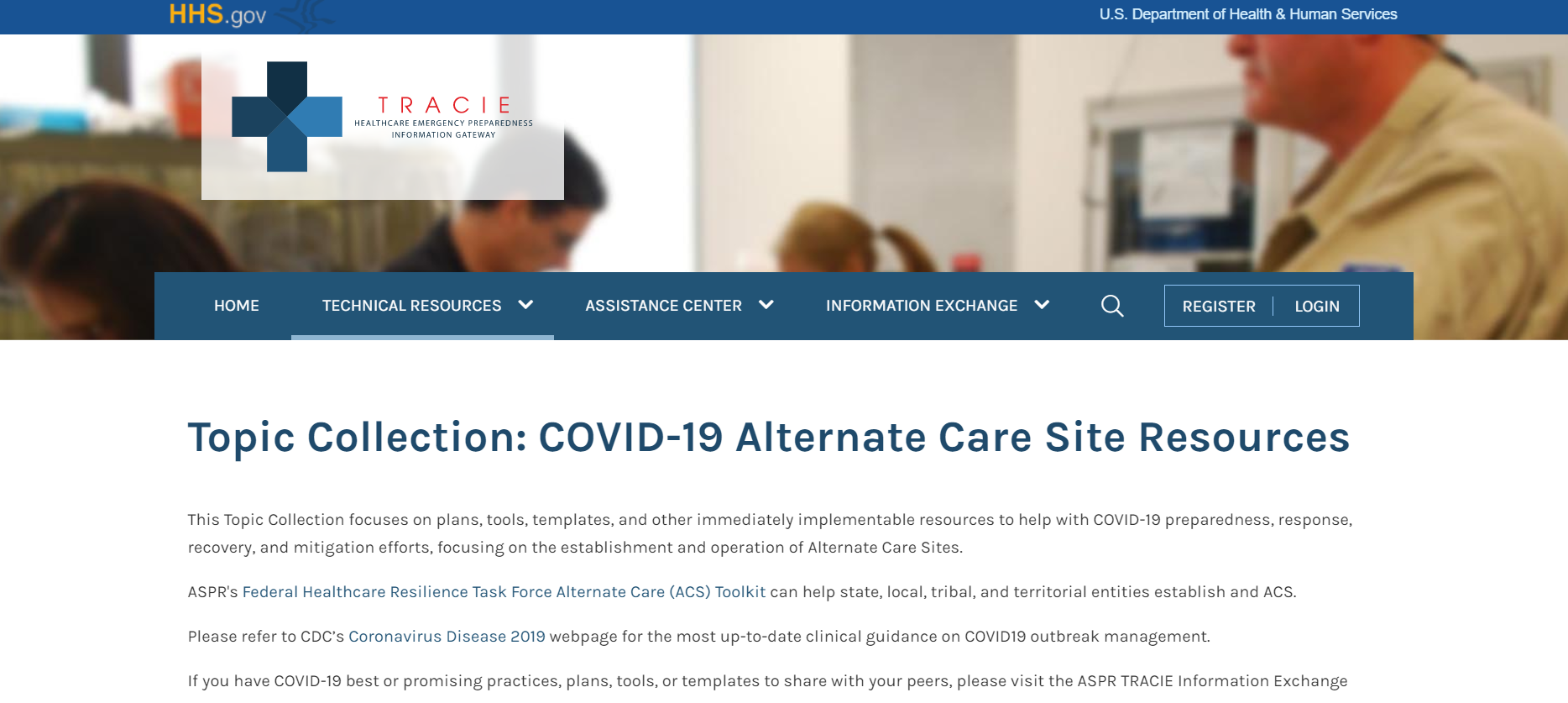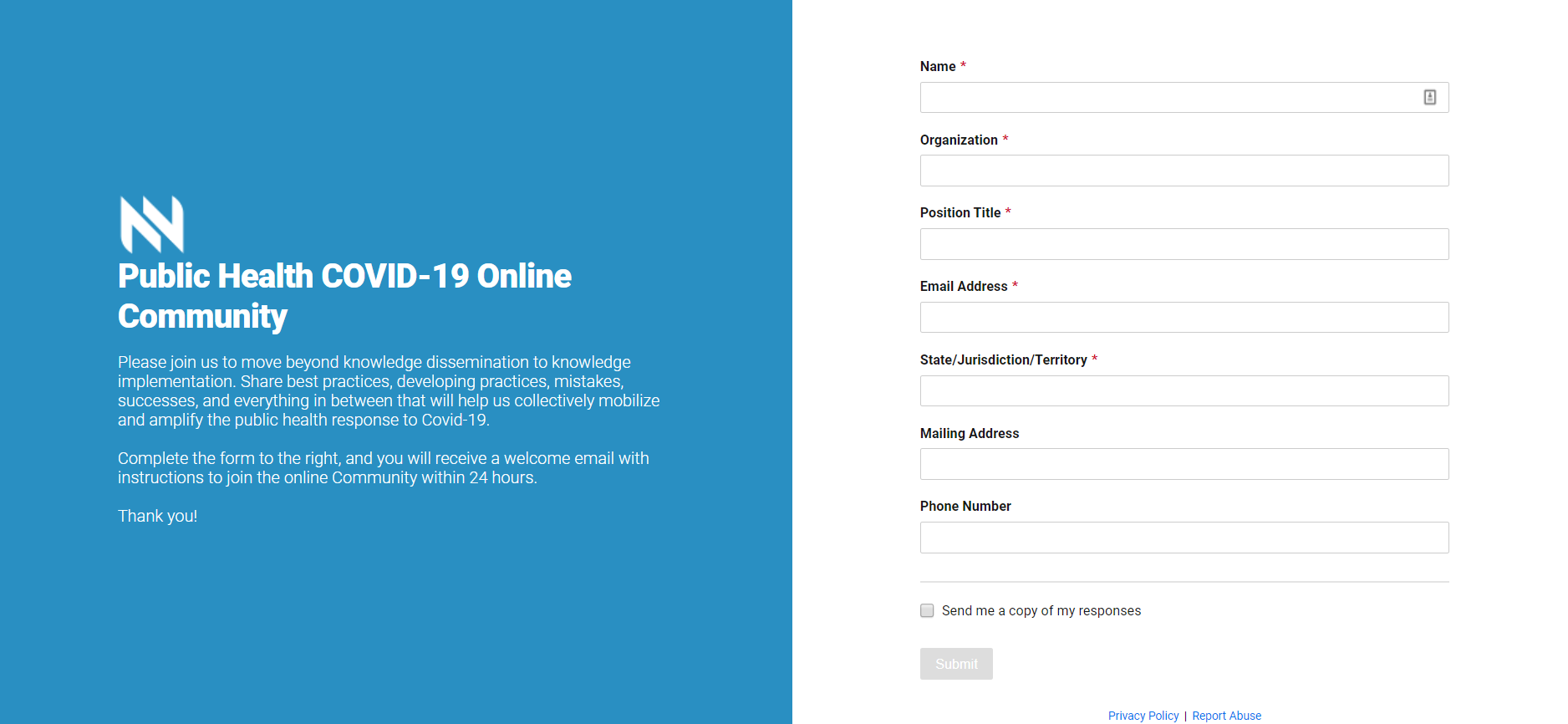Popular Categories
Plague and Bioterrorism Preparedness
Plague, caused by the bacterium Yersinia pestis, continues to cause disruptive and deadly outbreaks.
Jun 08, 2020 | Beth Hess
Climate Change and Human Health: Impacts, Vulnerability, and Public Health
Human health is directly affected by natural disasters such as hurricanes, earthquakes, flooding, and heat; it is also indirectly...
Oct 07, 2014 | Chris Mills
Mid-Atlantic Kicks Off Severe Weather Preparedness Week with Rare March Snowstorm
Here in Washington, D.C., a rare late-winter snowstorm is currently wrecking havoc at the start of Severe Weather Preparedness week...
Mar 03, 2014 | Stacy Stanford
Integrating Extreme Weather Events into Preparedness Planning
Authors: Resham Patel, MPH, Senior Program Analyst and Stacy Hosler, MSPH, Program Analyst; Public Health Preparedness, NACCHO In 2011...
Sep 08, 2013 | Resham Patel
Emergency Response, Infectious DiseasePlague and Bioterrorism PreparednessPlague, caused by the bacterium Yersinia pestis, continues to cause disruptive and deadly outbreaks. Jun 08, 2020 | Beth Hess |
Climate Change and Human Health: Impacts, Vulnerability, and Public HealthHuman health is directly affected by natural disasters such as hurricanes, earthquakes, flooding, and heat; it is also indirectly affected through increased transmission and geographic expansion of diseases spread by insects, compromised air, water, and food quality. For example, bacterial counts in the water surrounding coastal communities tend to spike dramatically following heavy rainfall. Not... Oct 07, 2014 | Chris Mills |
Mid-Atlantic Kicks Off Severe Weather Preparedness Week with Rare March SnowstormHere in Washington, D.C., a rare late-winter snowstorm is currently wrecking havoc at the start of Severe Weather Preparedness week (March 2-8), a public education effort organized by the National Oceanic Atmospheric Administration’s (NOAA) National Weather Service and the Federal Emergency Management Agency (FEMA) aimed at improving the way people prepare for and respond to severe weather. Mar 03, 2014 | Stacy Stanford |
Integrating Extreme Weather Events into Preparedness PlanningAuthors: Resham Patel, MPH, Senior Program Analyst and Stacy Hosler, MSPH, Program Analyst; Public Health Preparedness, NACCHO In 2011 and 2012, the United States experienced 25 extreme weather events—storms, floods, droughts, heat waves, and wildfires—that each caused at least $1 billion in damages.[1] These events resulted in a total price tag of over $174 billion […] Sep 08, 2013 | Resham Patel |

Subscribe Today
Sign Up for the E-mail Digests
Create an account or login to MyNACCHO and go to "My Subscriptions."
SUBSCRIBE NOW



